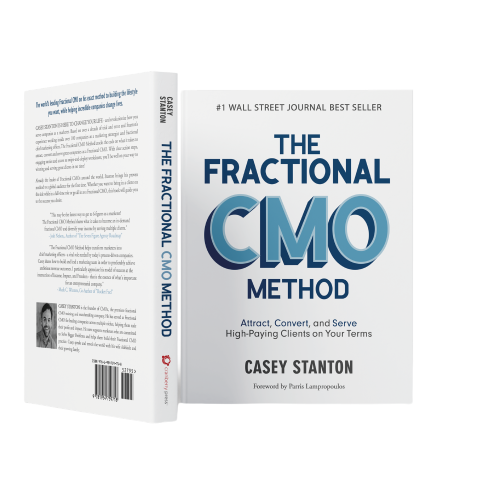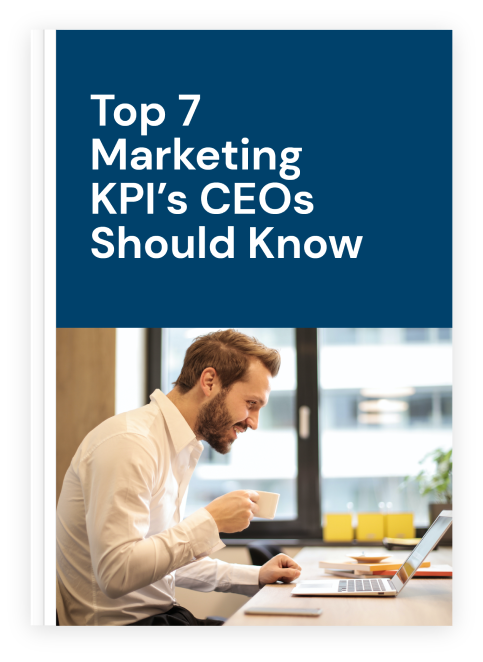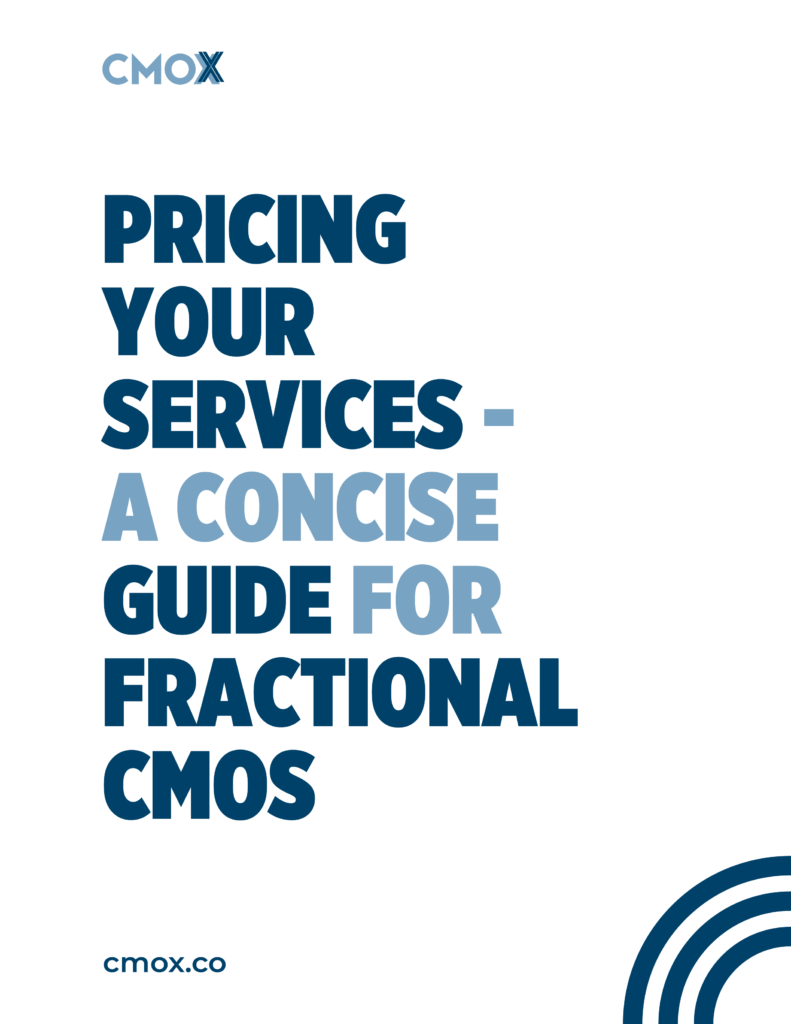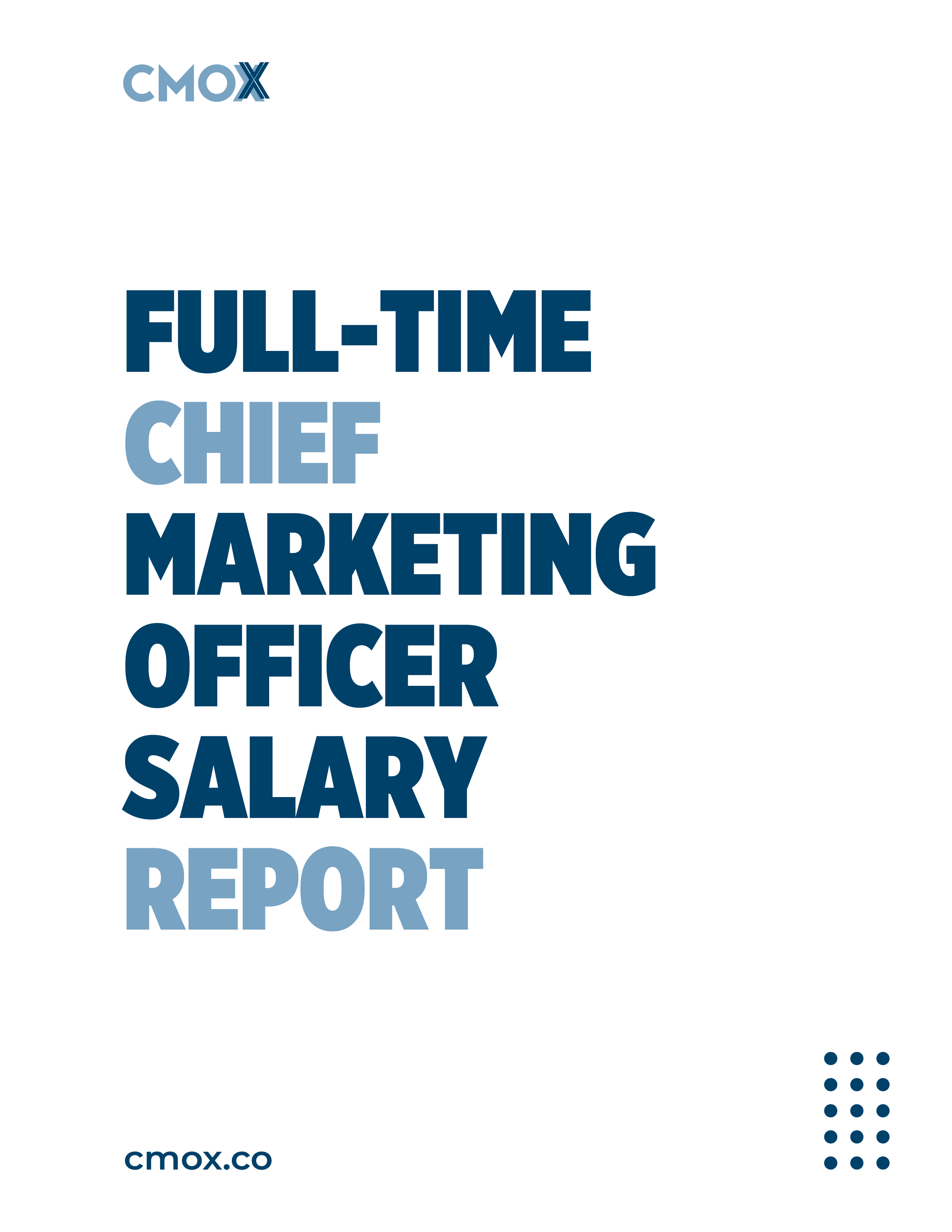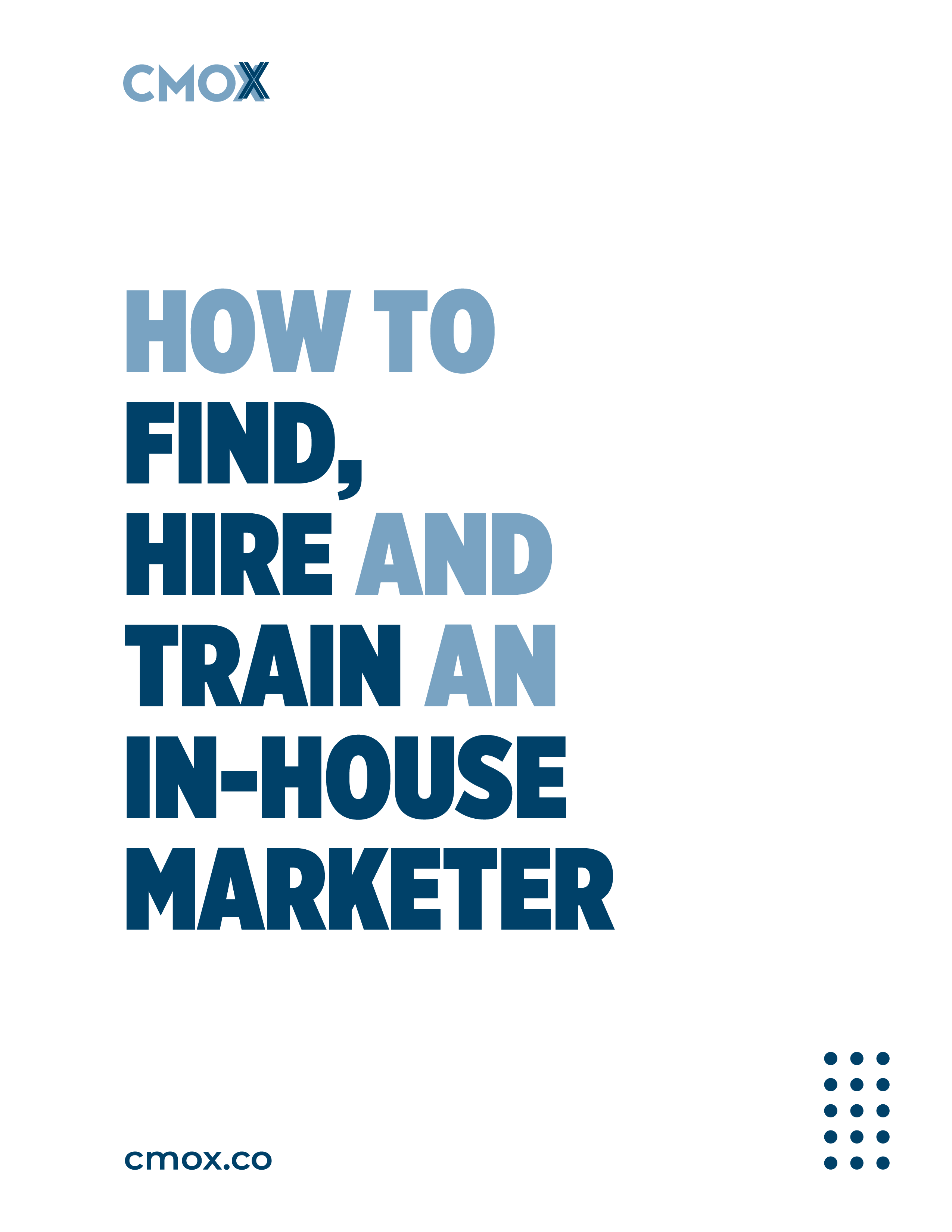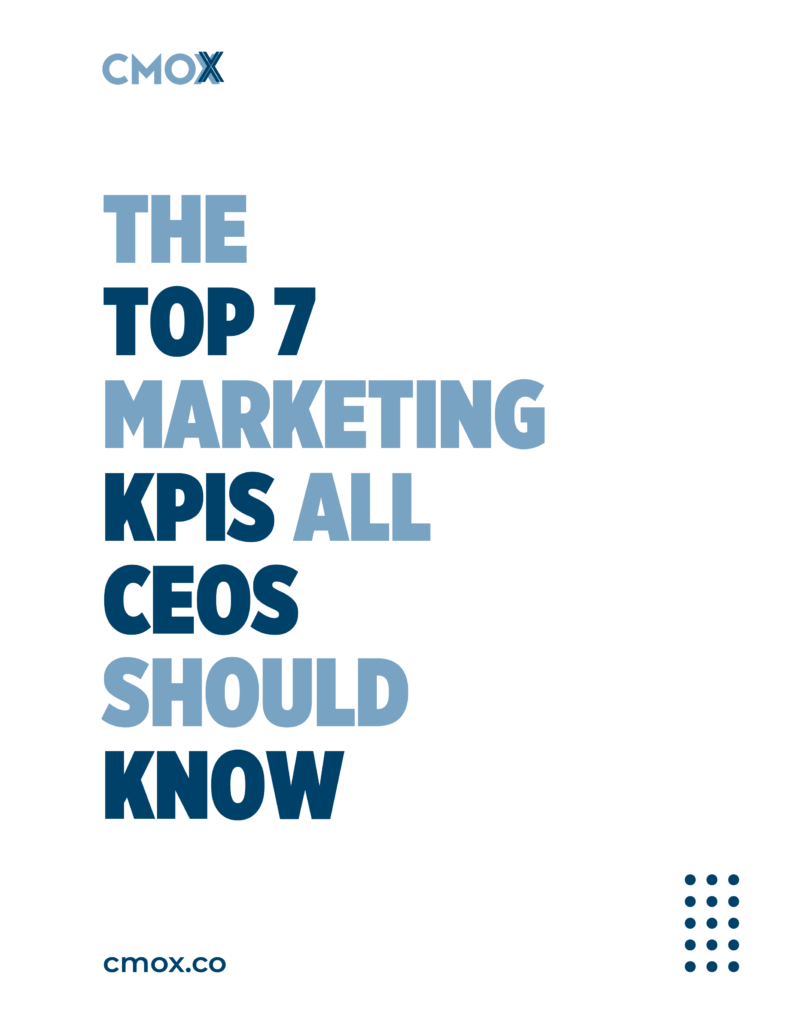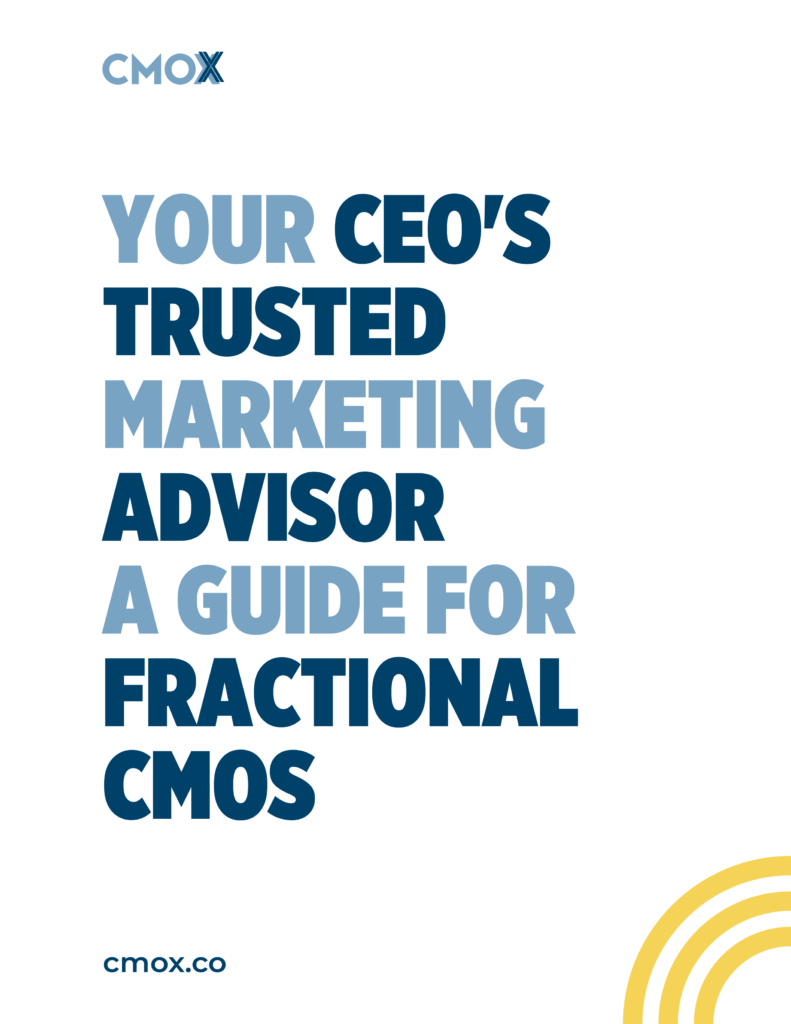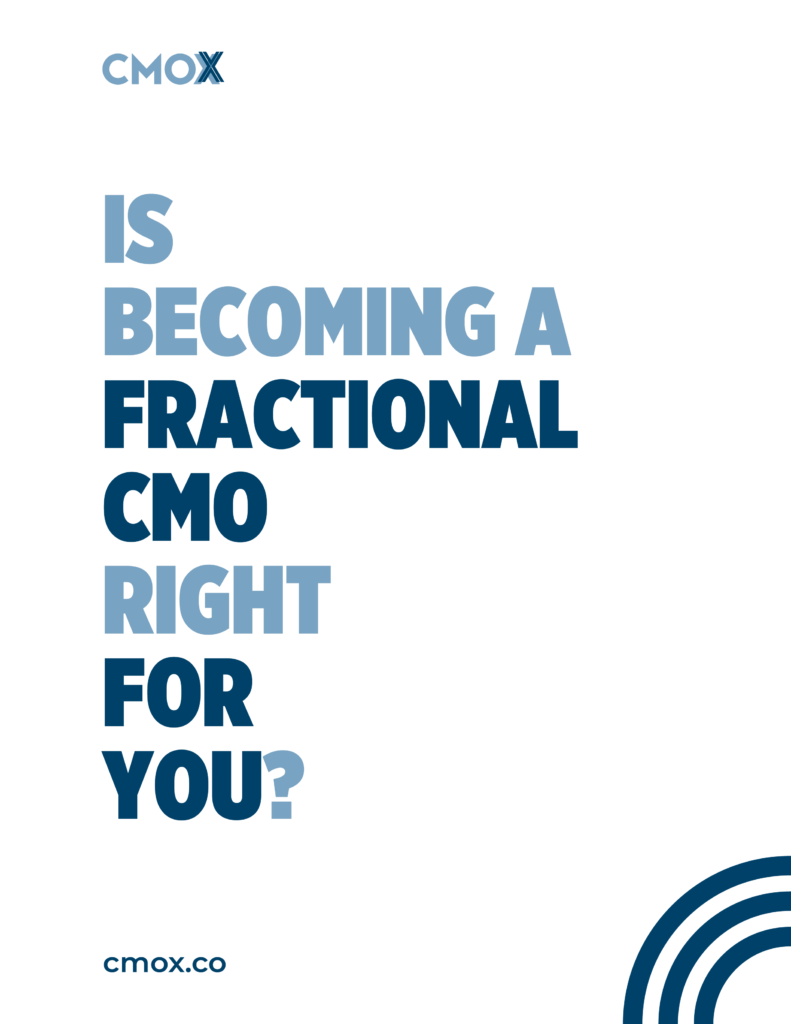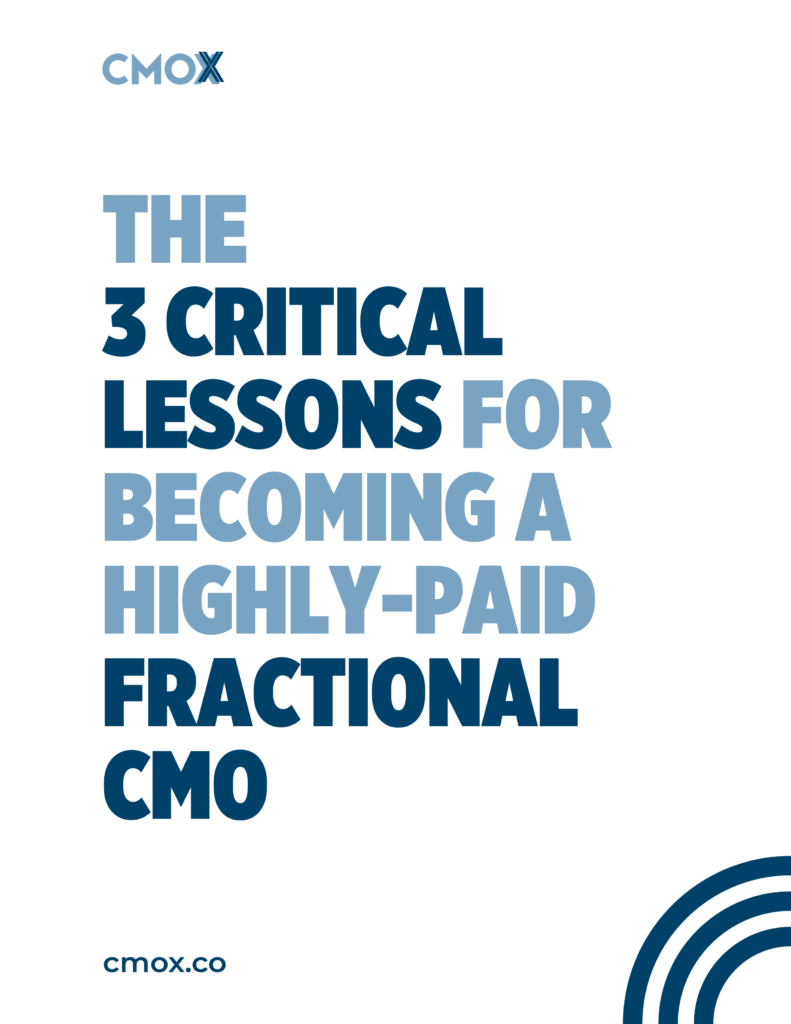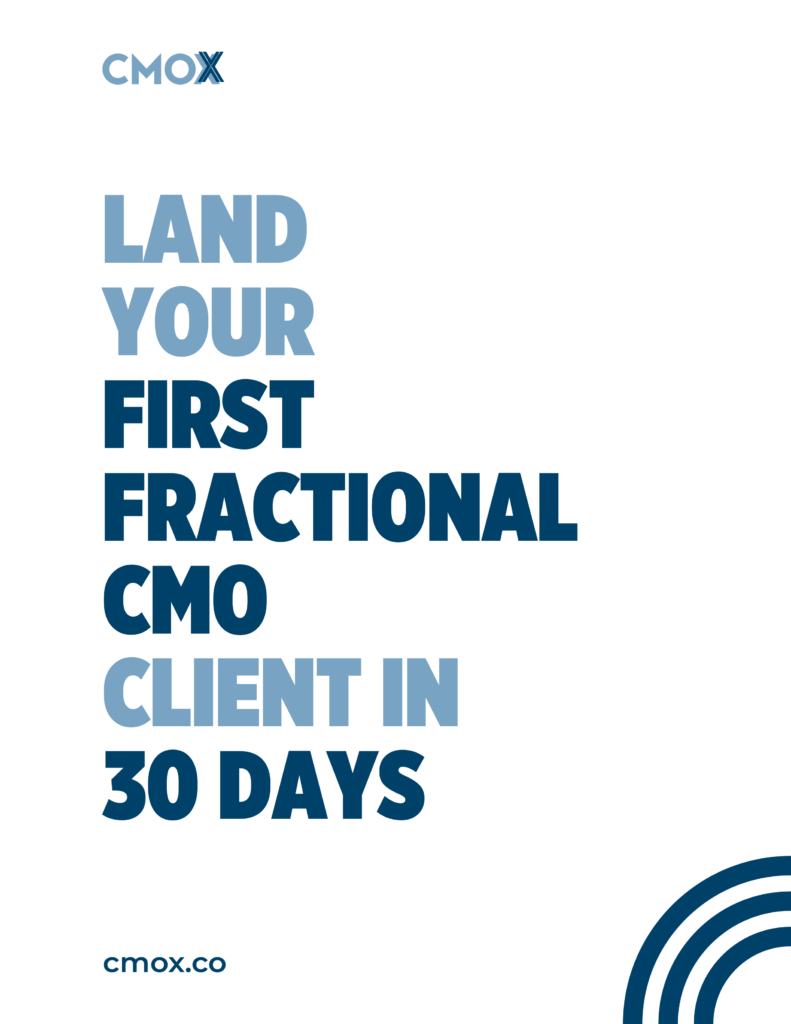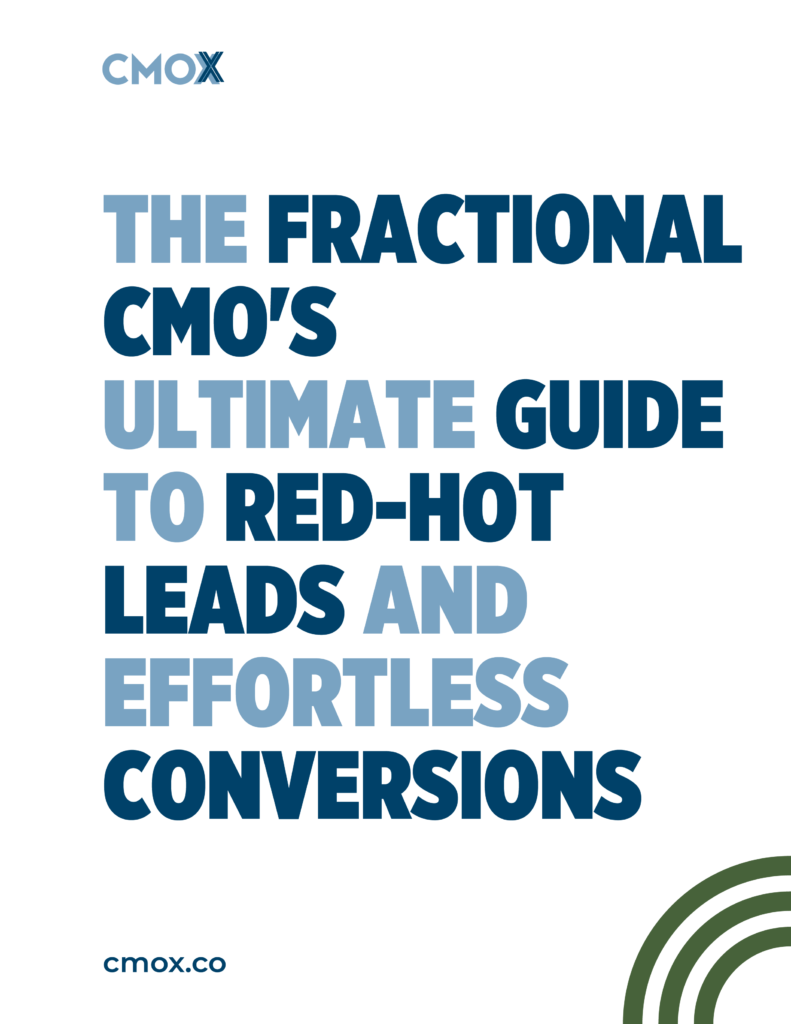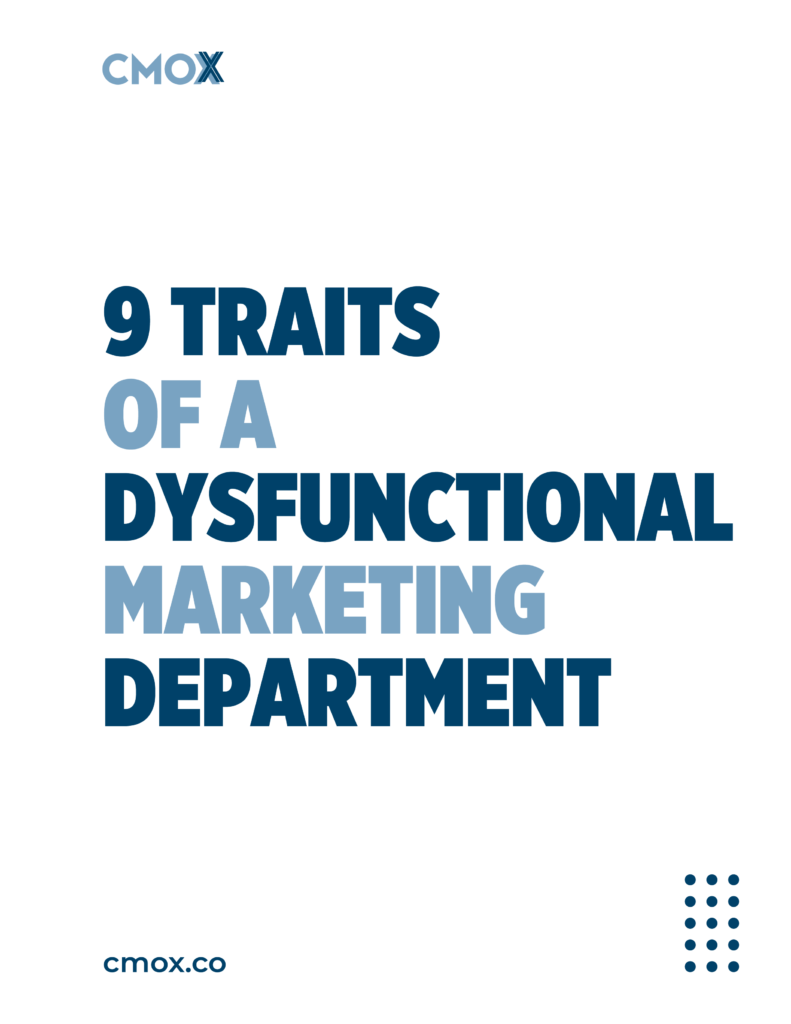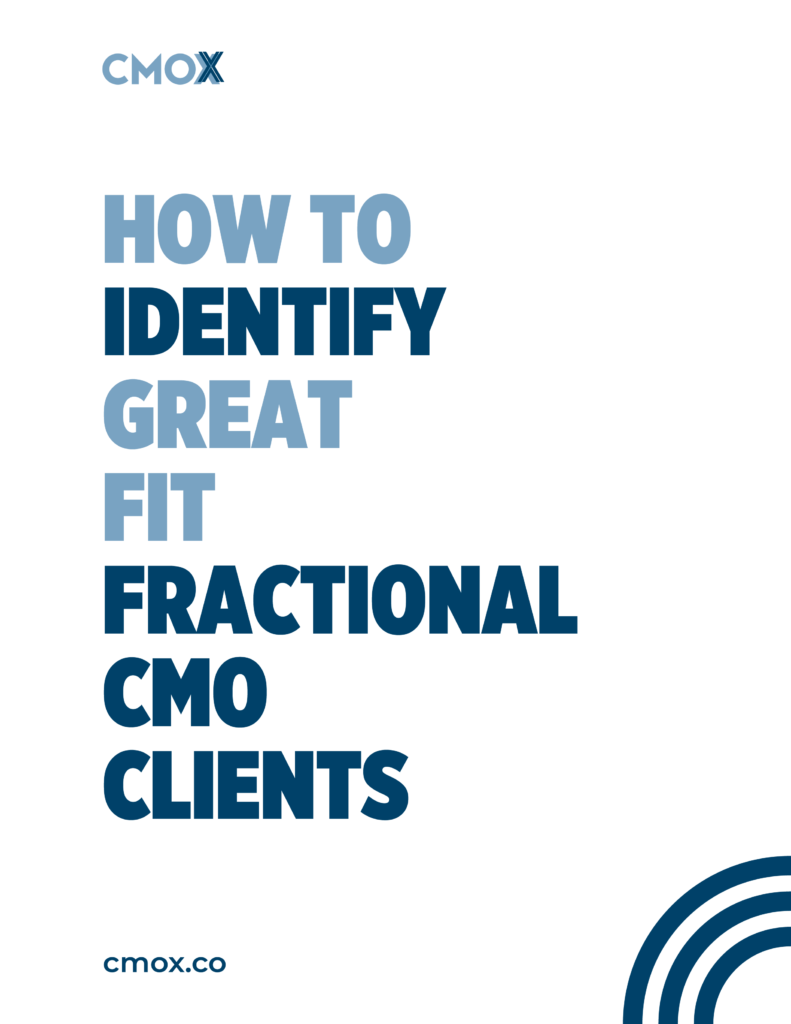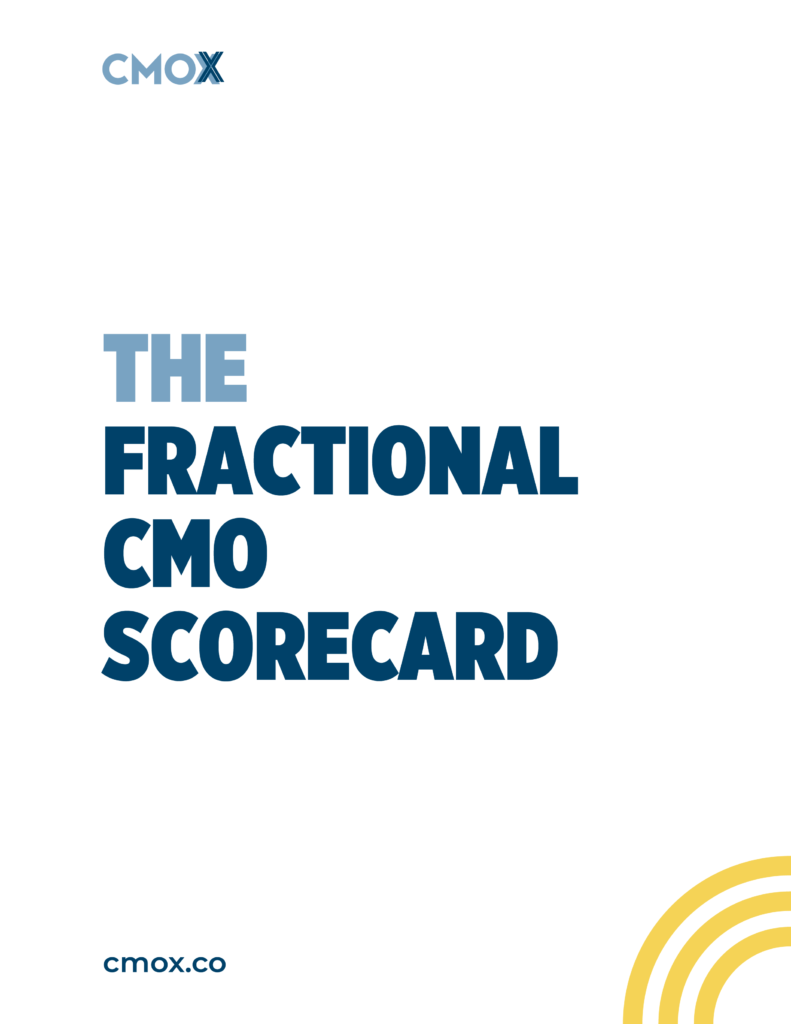Ideally, business development and marketing will compliment each other to reach objectives.
While the terms marketing and business development may be used interchangeably, marketing and business development are actually two very different approaches to how you drum up new business.
Marketers, salespeople, and your business development team all have objectives such as: generate new leads, build strategic relationships, improve the sales process, and ultimately get new clients.
Let’s dive into the differences…
What is the difference between Marketing and Business Development?
Marketing’s focus is on your consumer, their journey from awareness to loyalty, and the strategies and tactics that are employed to reach that loyalty stage.
Business development, however, focuses on the processes and tasks that will grow revenue opportunities.

Role of Marketing
Marketing is all about your target audience: understanding who they are, what they want, and how you can communicate with them that your product or service has what they are looking for.
The role of marketing is to identify consumers who need the product or service that their company offers. From there, strategic marketing efforts will continue to communicate with those customers, building a relationship via sophisticated marketing plans that will eventually lead to the consumer buying the product or service.
Other roles that marketing provides include:
- Identifying consumer needs
- Developing marketing strategies
- Showcasing how their product will address or satisfy those needs
- Aid the packaging and product design
- Highlight the unique value proposition
- Consumer communication
- Initial customer experience
- ... and more!
Members of the marketing department will often report to the CMO, or Chief Marketing Officer, to ensure that their activities are aiding in overall business development.
Role of Business Development
The business development process focuses on business growth.
There may be debate about what business development is exactly but let’s use the definition of it being generating new business.
Someone who works in business development will participate in the activities, ideas, and initiatives that will improve the business.
A few key areas involved in business development include:
- Sales growth
- Business expansion
- Attend trade shows
- Strategic business partnerships
- Overall business profitability
- Evaluation of competitor developments
- New opportunities in the market or new markets
A business development manager will report to the CMO or business owner to ensure their strategy and objectives align with overall company goals.
How are they different?
Marketing and business development are different due to the functions they perform and their responsibilities.
From a high-level view, business development focuses on business relationships and strategic partnerships. Marketing focuses on communication and consumer targeting. Sales reps work on prospecting qualified leads and closing the deals that the two teams have brought to the table. The CMO oversees the three branches to ensure they are working tangentially to achieve top-level business objectives.
Let’s break that down further.
Often, you have your sales department, which works to overcome market obstacles in order to create consumer sales.
The marketing department has its thumb on the market’s pulse, helping to align its messaging to ensure the company is in the right place for customers to find them.
Business development lies in the center of those departments. They build upon the foundation marketing has laid, creating the pathways a customer needs in order to reach sales and, ultimately, conversion. A business development manager may use sales and marketing collateral to achieve their goals.
Business development means many different things (significantly depending on the industry that your company operates within.) However, its primary function is to ensure that the marketing team’s consumers make their way to the sales department.
Here are a few key takeaways:
- Sales find new customers, as well as increase current customer value. The sales team are the closers
- Marketing identifies who the customer is. They develop and manage communication that is focused on reaching potential customers and setting them on the path towards a sale. The marketing team is the welcome wagon
- Business Development builds, improves, and leverages relationships and opportunities that facilitate revenue opportunities. They are the bridge from “hello!” to “sold!”
Every department is focused on the business’ overall growth.
To ensure that each department’s strategy aligns with company objectives, the CMO will advise the departments, helping to guide them in a direction that aid the efforts of one department in benefitting the other.

What is the difference between a Marketing Manager and a Business Development Manager?
Let’s look at the job descriptions for the two positions to understand the difference between a marketing manager vs. a business development manager. They are different career paths and are different roles, but have some overlap, especially regarding their responsibilities.
Marketing Managers
A standard job description on Glassdoor will detail what the company is looking for in a marketing manager. One job overview states:
“We are looking for an experienced Marketing Manager to develop and manage marketing programs in specific channels, support business objectives, lead acquisition, foster customer retention, execute business development, provide sales support, and advance brand building.”
The responsibilities of a marketing manager will range from segmenting market demographics to evaluating consumer engagement insights. They will manage communication on various platforms and channels, recommending adjustments to marketing tactics.
A marketing manager needs to have experience evaluating marketing programs and creating reports on those results. They often need experience with marketing platforms like HubSpot, Marketo, Salesforce, or other marketing software.
A marketing manager needs to demonstrate project management skills, as well as have the ability to problem-solve and analyze metrics. They may be required to hold a BS or BA, MBA, or other degree or certification in marketing, communications, or a related field.
The marketing manager reports to either the head of marketing or the CMO.
Business Development Managers
Job descriptions for business development managers may not have as many concrete details as their marketing counterparts.
A business development manager job overview may look similar to this Workable description:
“[The Business Development Manager] will be the front of the company and will have the dedication to create and apply an effective sales strategy. The goal is to drive sustainable financial growth through boosting sales and forging strong relationships with clients.”
The Biz Dev manager is responsible for growth strategies. They need to be able to conduct market research and build relationships with customers. A Biz Dev manager may need to arrange and conduct business meetings with current or prospective clients.
Requirements for a business development manager position will include a profitable sales record, robust customer support skills, and above-average communication skills. A Biz Dev manager will need to utilize above-average planning, organization, and time management skills.
The business development manager may need to hold a BS or BA degree or certification in sales or a related field. Higher levels of education may be required in some industries.
The business development manager may directly report to a Vice President of Marketing, Sales, or even to the Chief Marketing Officer.
How do Marketing and Business Development work together?
The marketing department and business development department may be two distinct business areas, but their shared goals can lead to a slam dunk when it comes to winning over potential consumers.
When the two departments work together, they can create a cohesive strategy that both teams can retain benefits. Those benefits will range from consistent brand messaging, improved lead outcomes, and more reliable lead tracking.
Marketing works as the primary company influence, creating contact with customers. Business developers can lean on the marketing team, and their efforts for consistent brand messaging, help differentiating strategy, and overall marketing positioning.
Biz Dev and Marketing: A perfect match
Gone are the days where your business could send messages into the ether, and consumers will come running. Lots of businesses will get results from using cold outreach on Linkedin and follow up in a traditional sales process that results in sending the prospect to a webinar.
A business must now use a more comprehensive business model, such as HubSpot’s Flywheel, to ensure the entire company is aligned and working towards an exceptional customer experience.
The traditional marketing funnel is no longer sufficient. Consider this: 81 percent of buyers trust a peer’s recommendation more than a company’s advice regarding purchasing decisions. A consumer will ask their social network, review social media, and read online suggestions to help inform their buying decision. The linear sales or marketing funnel doesn’t account for the momentum you can create through a better customer experience, nor the friction that an inefficient business process may create.
The Flywheel Method works by ensuring consistent customer happiness. The wheel is powered by the momentum your happy customers create: they drive referrals, repeat sales, and keep your wheel spinning.
The wheel’s momentum is dependant on how fast your company spins it, the amount of friction placed on it, and its overall size.
Your wheel will increase in speed when you add more force in high-impact areas, such as customer service, inbound marketing, social media messaging, or a loyalty program.
To ensure your wheel keeps spinning, you need to reduce the amount of friction that is influencing its rotation. A flawed conversion process, broken internal and cross-team communication, and misaligned brand messages are all friction points that may slow down your flywheel and create hiccups in your business strategy.
The bigger your flywheel needs to be to support your business and consumer base, the more you will need to invest in the factors that aid in its momentum and decrease your business strategy friction points.
Is Business Development better than Marketing?
One department is not better than the other. In fact, the two departments work better when they work in conjunction to achieve your organization’s goals.
In fact, business development is not better than marketing, as it often cannot succeed without input and aid from the marketing department. Uncoordinated biz dev, sales, and marketing departments may face challenges to improving and optimizing ROI.
A business development department that does not work with marketing to create awareness for the brand and a consistent brand message may be trudging an uphill battle to secure in-person meetings and nurture their prospects. They may even miss more opportunities than a company whose teams are united.
Often, the CMO will oversee both departments to ensure the efforts of each department support the other.
The CMO facilitates from the beginning, ensuring consistent communication during the planning, both annual and quarterly, and strategy development stage. Business developers support the marketing department by creating business goals, developing an ideal client, and informing the marketing team of upcoming ventures. Marketing supports the business department by helping reach out to potential consumers, creating consistent brand messaging, and providing marketing analysis that can better support Biz Dev’s relationship building.
Other areas of support could include:
- Physical and digital content
- Graphic resources
- Proven strategies or tactics to engage customers
- Consistent and engaging communication
- Hosting events or meetings
- Improving client feedback
The key takeaway should be that the two teams are intertwined. Rather than a marketing vs. business development mindset, we should focus on how each team has skills and assets that complement the other’s efforts.
Summary
Business development and marketing are both vital parts of any small business, startup of Fortune 500 company.
They have similar goals and a lot of the soft skills from one are incredibly beneficial in the other.
The best performing businesses will have both their marketing team and business development team working in perfect synergy to reach overarching business goals.
A Fractional CMO or CMO for Hire is a great way to make sure both departments work cohesively and efficiently.


